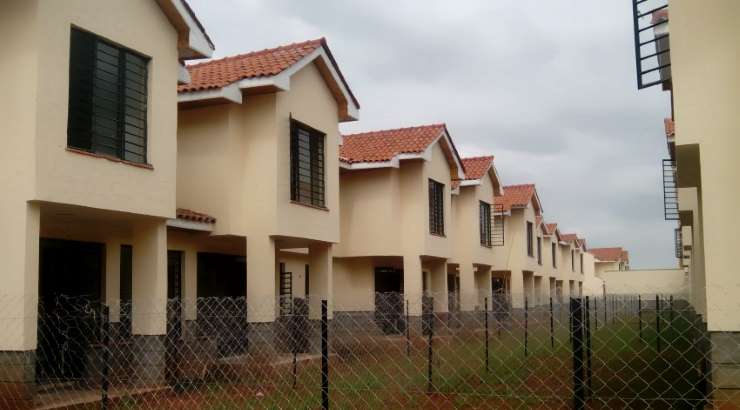Residential Projects
World Bank Calls for Reforms to Boost Housing Market
Interest rates capping law is said to be a major impediment to home ownership.

The private sector will play a key role in the provision of affordable housing to Kenyans under the Big Four agenda, the World Bank has said.
A new report by the global financier has urged the government to work out mechanisms that will make it easier for private actors to participate in the planned construction of a million low-cost homes in the country.
The World Bank has cited lack of access to land, insufficient infrastructure, burdensome property registration process, and lack of credit to the private sector as some of the obstacles to home ownership.
“The Big 4 is unlikely to be achieved without the participation of a dynamic and healthy private sector. Indeed, whether it is improving agricultural sector productivity, increasing manufactured exports, building affordable housing units or providing quality health services, the private sector can and should play an out-sized role.
“To achieve this, an important role to be played by government is to create a conducive environment to the private sector in the delivery of the Big 4,” says the Policy Options to Advance the Big 4 report.
The World Bank recommended the creation of a friendly monetary regime that will allow both property developers and prospective homeowners to access affordable credit.
This, the bank says, will help boost the uptake of mortgage loans in the country. With a population of 44 million, Kenya has less than 25,000 mortgage loans – with the total mortgage debt being a measly three per cent of the GDP in comparison to 32 per cent in South Africa.
RELATED: Why Africa’s Richest Are Buying Homes in Kenya
According to the World Bank, the interest rates capping law, which has made government securities more attractive to banks, is a major impediment to home ownership.
“Yields on government securities need to come down. The most important impediment to borrowing for housing is the lack of long-term funding at affordable rates.
“Government efforts to manage the government bond market more efficiently and lower the benchmark, risk-free rate would be the most critical policy reform to unlock affordable housing,” the World Bank says.
Housing and Urban Development Cabinet Secretary James Macharia says the government intends to set up a company that will enable longer-term and affordable loans by financial institutions.
The State-backed Mortgage Refinance Company will be mandated to issue bonds whose proceeds will be extended as long-term loans to banks as security against the mortgage, thus providing access to affordable housing finance.
The government also plans to offer free public land to property developers as part of a range of incentives seeking to boost the development of affordable housing in the country.














